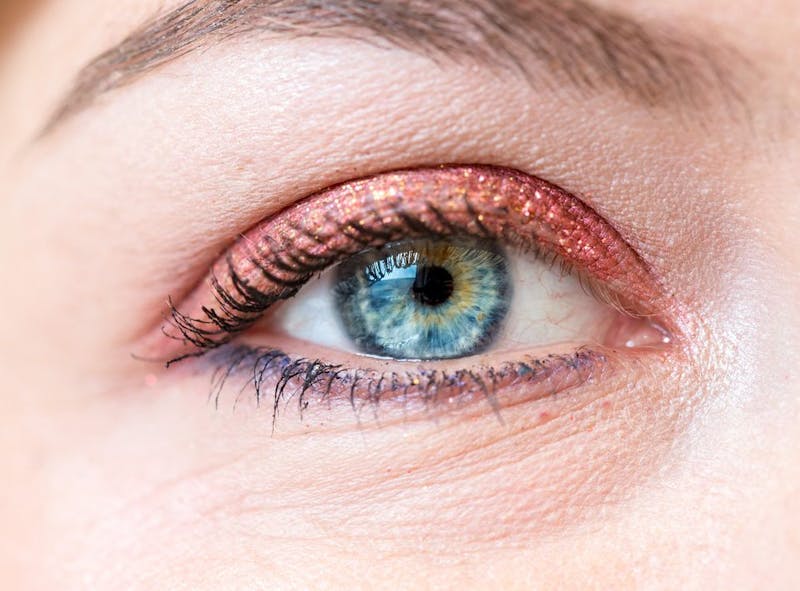
For those who suffer from chronic eye problems, advances and innovation in the ophthalmology field are often a beacon of hope. Many of these advances allow sufferers to see clearly again without the need for glasses or contacts in many cases. Others restore and improve sight which enhances the quality of life.
For people with mild to severe conditions of the eye, activities that affect their quality of life may be diminished. Things like driving, reading, or even cooking may pose undue risks. Although advances in the medical field are happening every day, each one must be approved by the Food and Drug Administration before widespread implementation of a procedure can occur.
Such is the case with cross-linking. This medical technique is an option to correct the damage done by Keratonocus. A condition that affects the shape of the cornea, Keratonocus causes blurry sight and can be severe if scarring occurs. When the shape of the cornea changes from its natural dome to a cone shape, the sufferer will be unable to see as well as they once were.
The latest advances show that cross-linking can be a great solution. Although, as with any medical procedure, there are risks, studies are still being done to get approval from the FDA.
What is Cross Linking?
Cross-linking is a medical procedure that can be performed on the eye. Classified as a surgery, this technique involves removing the epithelium of the eye (the anterior layer that protects the cornea from bacteria and the flow of tears). During this procedure, the doctor will add riboflavin (Vitamin B12) drops to prevent further damage from Keratoconus.
During the procedure, anesthetic is applied to the eye to numb pain and ease discomfort. The Riboflavin is applied to the eye 30 minutes after removal of the epithelium and a UV light is used to help the vitamin cure. This UV light is applied for 30 minutes.
After the procedure is complete, a bandage contact lens is applied to the eye.
The Success
As with many trials in medicine, testing is still being done. Most have great success and the Keracotonus is slowed or stopped afterward. For a small percentage of patients, the progression of the condition continues.
For some, a second round of cross-linking is necessary to achieve effective results.
As many between the ages of 10-25 experience Keratonocus, the condition can progress quickly or slowly over a period of years. If not treated properly, this can lead to permanent scarring of the cornea. For some, a corneal transplant is necessary to preserve sight and health of the eyes.
In the clinical trial stage, this innovative procedure is often recommended for sufferers both young and old.
Approving corneal shape may help others as well. Those suffering from astigmatism and other issues with the cornea. As trials persist, the Food and Drug Administration if reviewing new information. To ensure the procedure is effective with minimal risks, these trials may take many years before they become fully approved in the U.S.
Contact Kelly Vision Center for More Information on Cross Linking
We now offer the cross-linking procedure and can tell you more during a consultation. Contact Kelly Vision Center at 877-718-7818 for our Manhattan office or 516-830-4605 for our Garden City office.


